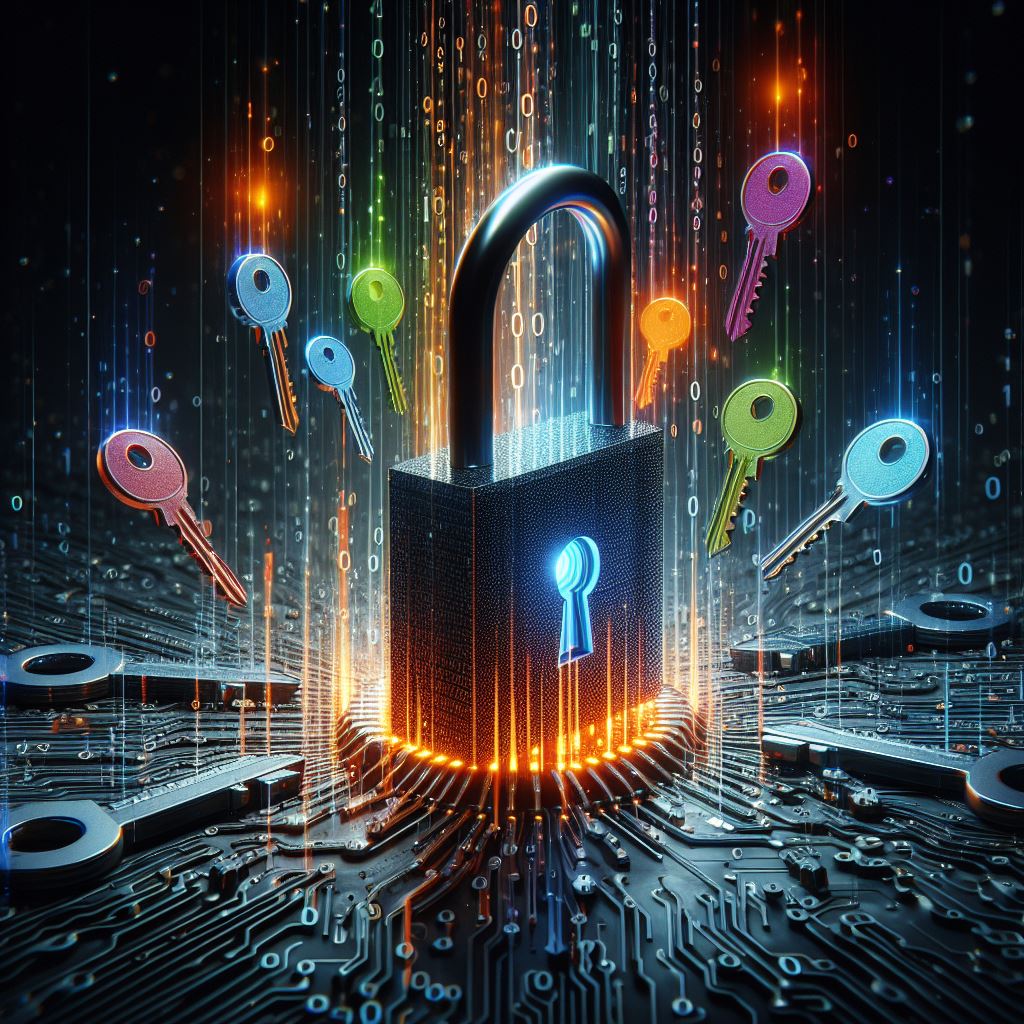Welcome to the digital fortress, where the guardians of cyber security stand vigilant, protecting our digital realms from the mischievous forces of the internet. In this article, we’ll embark on an exciting journey to explore the five pillars of cyber security. So why waste time let’s get straight into it.
Integrity: The Guardian of Truth in the Digital Realm
Imagine a world where every message, document, or transaction could be tampered with like a mischievous kid sneaking into your library and altering the contents of your books. That’s precisely why integrity is crucial in cyber security. It ensures that data remains unchanged and unaltered during transmission or storage. Just like a seal on a package, integrity protects the authenticity and trustworthiness of our digital information.
Consider the blockchain technology used in cryptocurrencies. Blockchain ensures the integrity of transactions by creating an immutable ledger, making it nearly impossible to alter transaction records. It’s like having a permanent parker for every digital transaction.
Availability: Knowledge at your fingertips
Picture a grand library filled with countless books, but the doors are locked, and no one can access the knowledge within. That’s what happens when availability is compromised in the digital world. Availability ensures that information and resources are accessible to authorized users whenever needed. It’s like having the gates of knowledge open for those who seek it, without any hindrance.
When a popular online service experiences a distributed denial-of-service (DDoS) attack, the service becomes unavailable to legitimate users, disrupting their access. Ensuring availability is like making smart walls that identify who are legitimate users and who are the dark ones. (😂 Dark Ones LOL )

Confidentiality: Safeguarding the Secrets of the Digital Kingdom
Imagine a treasure chest filled with your most valuable items, protected by an unbreakable lock. That’s precisely what confidentiality does in the digital realm. It ensures that sensitive information is disclosed only to authorized individuals or systems.
Consider end-to-end encryption (E2EE) in messaging apps. It’s like sending secret messages in invisible ink that only the intended recipient can see. This technology ensures that the content of your conversations remains confidential, even if intercepted by unauthorized entities. ( The invisible ink is just to give you an idea of E2EE 😊. There is a lot more going on inside )
Non-Repudiation: The Unbreakable Seal of Digital Signatures
Non-repudiation is like signing a contract, signing a contract is proof of your involvement in the contract. That’s the essence of non-repudiation in cyber security. It provides proof of the origin and integrity of a message or transaction, preventing the sender from denying their involvement. Like a wax seal on an ancient scroll, non-repudiation leaves a permanent mark of authenticity.

Digital signatures in email communications serve as a prime example of non-repudiation. It’s like affixing a unique seal to your messages, ensuring that the recipient can verify the sender’s identity and the integrity of the content. This prevents the sender from later denying their involvement in the communication.
Identity Authentication: The Digital Gatekeeper
This one is really straightforward. You all must be using a screen lock on your phone Right? But why do you use a screen lock on your phone when you know it belongs to only you? The answer is simple, to prevent anyone else from accessing the sensitive information on your phone. This is exactly what Identity Authentication means.
Biometric authentication, such as fingerprint or facial recognition are all examples of identity authentication. This technology adds an extra layer of security by validating the user’s unique biological traits.
I think you would also love to read: What is 2FA?
Conclusion
Congratulations! You’ve now traversed the digital landscape, delving into the five pillars of cyber security with real-life examples that bring these complex topics to life. By understanding the importance of integrity, availability, confidentiality, non-repudiation, and identity authentication, you’re well-equipped to safeguard the digital realms you inhabit.
What are the 5 pillars of cyber Security?
Integrity, Availability, Confidentiality, Non-Repudiation and Identity Authentication are the 5 pillars of cyber security.
What is Integrity
Integrity is the factor that describes the originality of data, stored in a computer.
What is Digital Signatures
Digital Signatures are like a key that is attached to your msg, email or sensitive data you send over the internet. The digital signature belongs only to you, so the recipient is assured that the msg, email any data he received is sent by you.




